Template File: /www/wp-content/themes/stn2017/index.php | Template Hierarchy
WP version: 6.4.4
PHP version 8.2.18
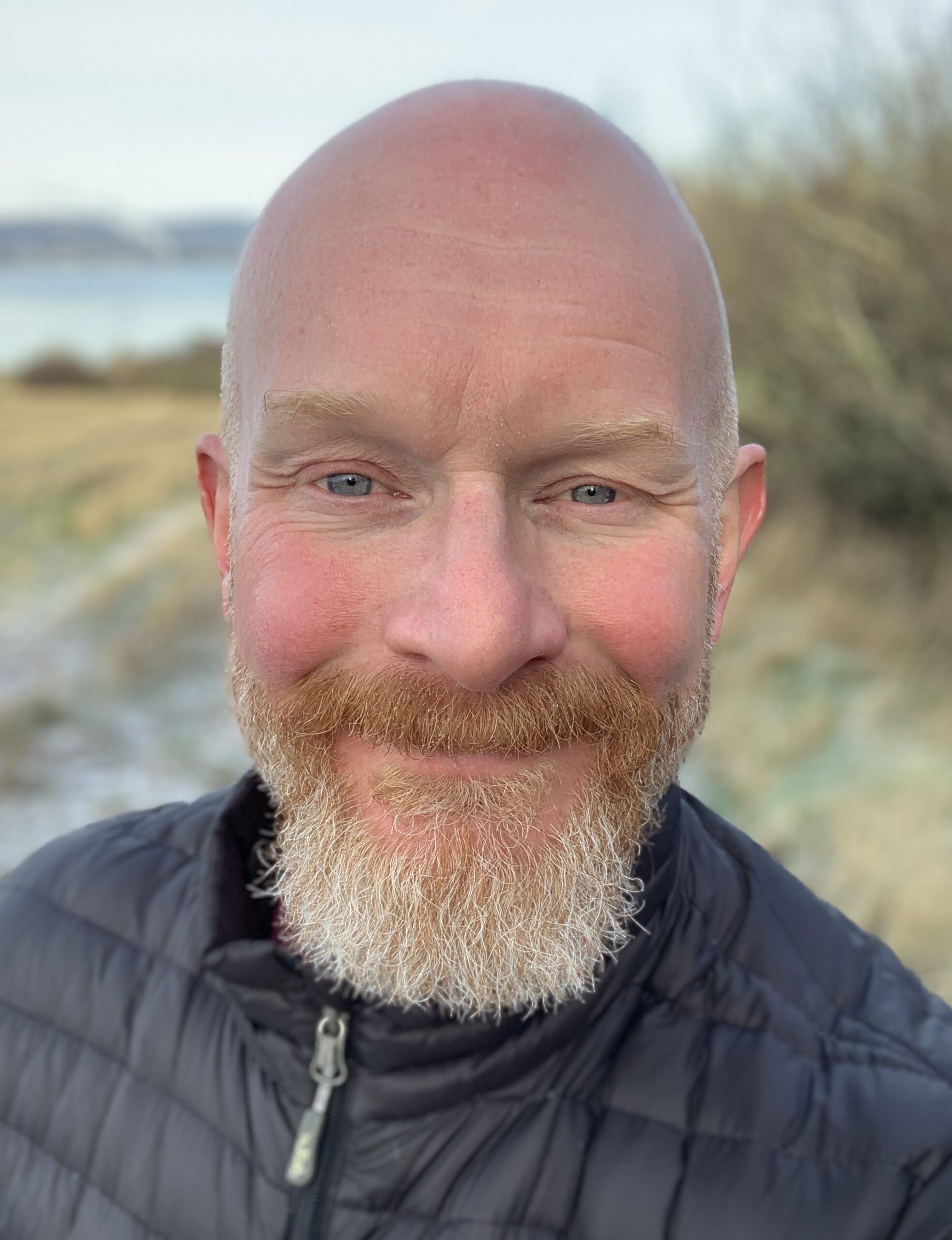
Tim is a consultant in Anaesthesia at Raigmore Hospital, NHS Highland. He has gained extensive trauma management experience in both civilian and military settings including a fellowship at the Shock Trauma Center in Baltimore and multiple overseas operational tours. Prior to taking on the National Clinical Lead role he was the clinical lead for the North of Scotland Trauma Network.
Tim qualified from Guy’s and St Thomas’s in 2000 and became a consultant in the major trauma centre in Bristol in 2012. This was initially as an honorary military consultant, but on retiring from the Army in 2018 he became a permanent NHS consultant.
Before relocating to the Highlands in 2021 he was the quality governance lead for the Severn Major Trauma Network and the hospital transfusion service, being instrumental in implementing prehospital blood on the local air ambulance. Although no longer clinically active in prehospital care, previous posts have included London and Great Western Air Ambulances and adult critical care retrieval, giving him first-hand experience of much of the trauma patient pathway.
Mike is a consultant in Emergency Medicine at Ninewells Hospital and Medical School and until recently worked with the Emergency Medical Retrieval Service in Glasgow.
Following Emergency Medicine training in the North West of England Mike spent time in Sydney and, after further training back in Dundee, returned to work with Careflight New South Wales before returning to the UK and working with London’s Air Ambulance, Essex and Hertfordshire Air Ambulance and East Anglian Air Ambulance.
In 2014 Mike co-authored the Scottish Ambulance Service Major Trauma Clinical Co-ordination report which serviced as a blueprint for the development of a National Trauma Desk in Ambulance Control which underpins the tasking and co-ordination of critical care teams in Scotland to critically injured patients. He was also a member of the Scottish Trauma Network Pre-hospital and Transfer Group.
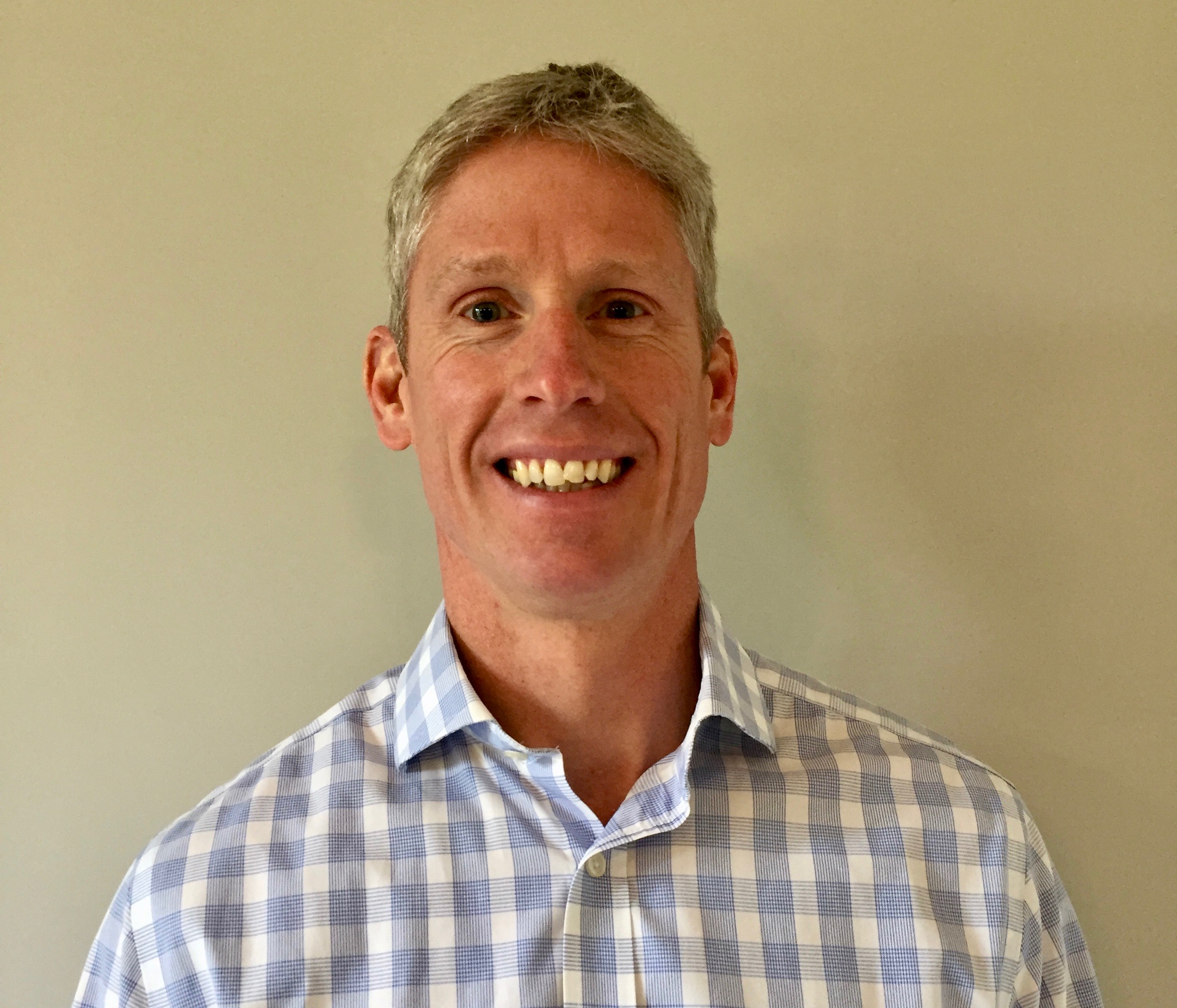
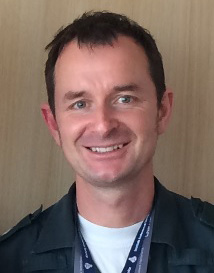
Martin has worked within the ambulance service in the UK for over 23 years gaining a wealth of experience in a variety of roles. Since qualifying as a paramedic in 2000 he has worked as an Emergency Care Practitioner. Was seconded to the Physician Response Unit in London as well as spending time as a flight paramedic for London’s Air Ambulance. Martin has also spent a number of years in education and is an examiner of the Diploma in Immediate Care.
Martin has a special interest in pain management and in 2018 completed an MSc in pain management at Cardiff University and has since become an Honorary Tutor on the Pain Management programme at Cardiff.
Brian initially studied Pharmacy at Strathclyde University. He then trained as a hospital pharmacist with an interest in clinical pharmacy at both Glasgow and Edinburgh Royal Infirmary. He wanted to develop his interest in therapeutics so he studied medicine at Glasgow University. Following on from this he undertook training in Intensive Care Medicine and Anaesthesia across the West of Scotland. He completed his training with a dual accreditation in Intensive Care Medicine and Anaesthesia. He was appointed as consultant in 2009 to the Royal Alexandra Hospital, Paisley. He currently sits on the Scottish Intensive Care Society Board and has had a number of leadership roles within NHS GGC. He was appointed as the Clinical Lead West of Scotland Trauma Network in Summer 2021.
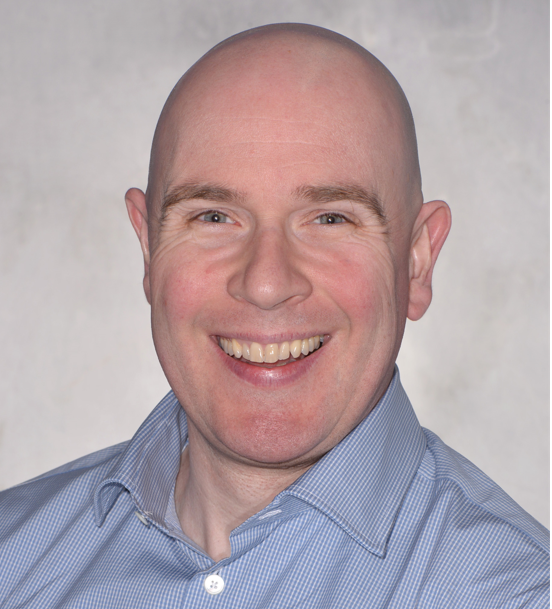
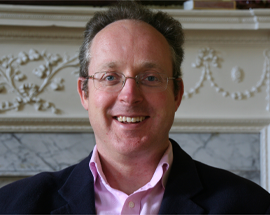
Edward specialises in hip and knee surgery and trauma. He trained at the internationally renowned Royal National Orthopaedic Hospital, Stanmore, where he was the Senior Surgical Officer and was awarded the Sneddon Society Medal for research. There he studied under some of the leading hip and knee replacement surgeons in the UK. Throughout his training he trained at some of the MTCs in the United Kingdom and was heavily involved in major incidents including the Paddington Train Crash of 1999 and the 7/7 Bombings of 2005. He is currently an Orthopaedic Consultant based in Fife, where he is also Director of Surgery. Currently he is chair of the Scottish Committee of Orthopaedics and Trauma (SCOT) and sits on the BOA council. He has been heavily involved in service redesign, theatre efficiency and enhanced recovery in Scotland assisting with the GIRFT project and has participated in several peer reviews.